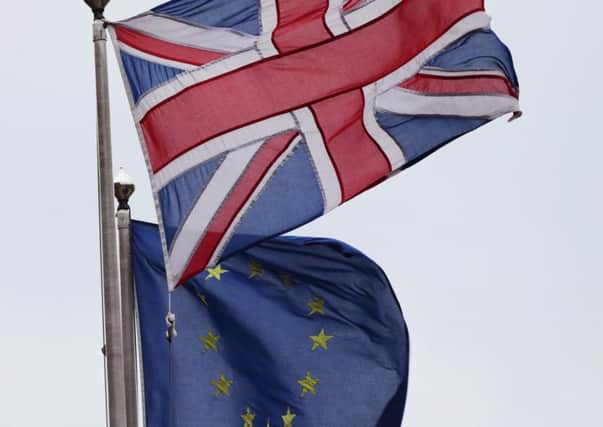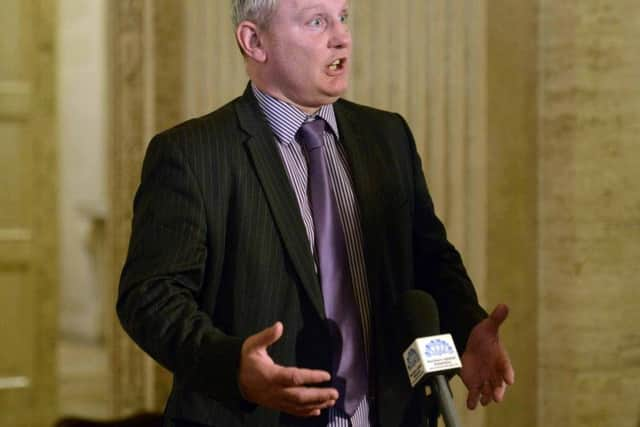John McCallister; Why as a unionist I voted Alliance


I believe the Union guarantees the prosperity, security, and well-being of all the people of Northern Ireland in a way that a United Ireland could not possibly even hope to match.
Last Thursday in the Assembly elections, in common with thousands of other pro-Union voters, I voted for Alliance. Others voted for the Greens, still others with pro-Union beliefs stayed at home. Why didn’t I vote for a unionist candidate? Both unionist candidates in South Down were fine individuals – but their unionism wasn’t my vision of unionism. The Alliance candidate’s values were much closer to my own.
Advertisement
Hide AdAdvertisement
Hide AdThe Assembly election results must be recognised by Unionism as an urgent call to re-connect with broader pro-Union opinion. Relying on the core vote alone, and not caring about being transfer-friendly, has failed. It is a strategy which has delivered a non-unionist majority in the Assembly.


So what can political Unionism do to reconnect with broader pro-Union opinion?
Firstly, political Unionism needs to recognise that broader pro-Union opinion tends to be moderate or liberal on a range of social issues, in contrast to political Unionism’s social conservatism. The most obvious issue is equal marriage. Political Unionism – rather than adopting a ‘big tent’ approach – allowed a vote for unionism to be portrayed as a rejection of equality for gay citizens. This has, to put it mildly, done nothing to promote the Union. Political Unionism needs to build a ‘big tent’ approach that can accommodate those who are socially moderate and liberal.
Secondly, political Unionism has to move from a confrontational approach on matters of Irish identity. To some pro-Union voters, it signals an intolerance they refuse to support. And, as the election result showed all too clearly, it acts as a recruiting sergeant for Sinn Fein. A respectful engagement with Irish cultural identity – not least, with Irish language – is not only smart politics for Unionism: it also ensures that Unionism brings Northern Ireland into line with the rest of the UK regarding regional identities and language.
Advertisement
Hide AdAdvertisement
Hide AdThirdly, political Unionism has to recognise that it exists in a pro-Remain region – something last week’s Assembly result only underlined. Brexit will, of course, happen, and this will include Northern Ireland. But, the DUP has to stop the ‘Remoaners’ insults, listen carefully to the deep concerns of the business community, reassure people here that EU citizenship will remain through holding an Irish passport, and work with Theresa May to ensure that there will be no return to a hard border. For moderate nationalists and – significantly – for a large number of pro-Union voters, a pro-Hard Brexit stance by the DUP looks like putting narrow ideology ahead of a determination to make Northern Ireland work.


Circling the wagons, intensifying appeals to the core vote, will only result in more of the same for unionism. Instead, unionism needs the generosity, confidence and ambition to build a big tent that embraces social moderates and liberals, those who respect and value Irish cultural expressions, and those who are concerned about Brexit. The need for a modern, inclusive unionism is no longer a matter of debate. It is a political imperative.
John McCallister, Co Down